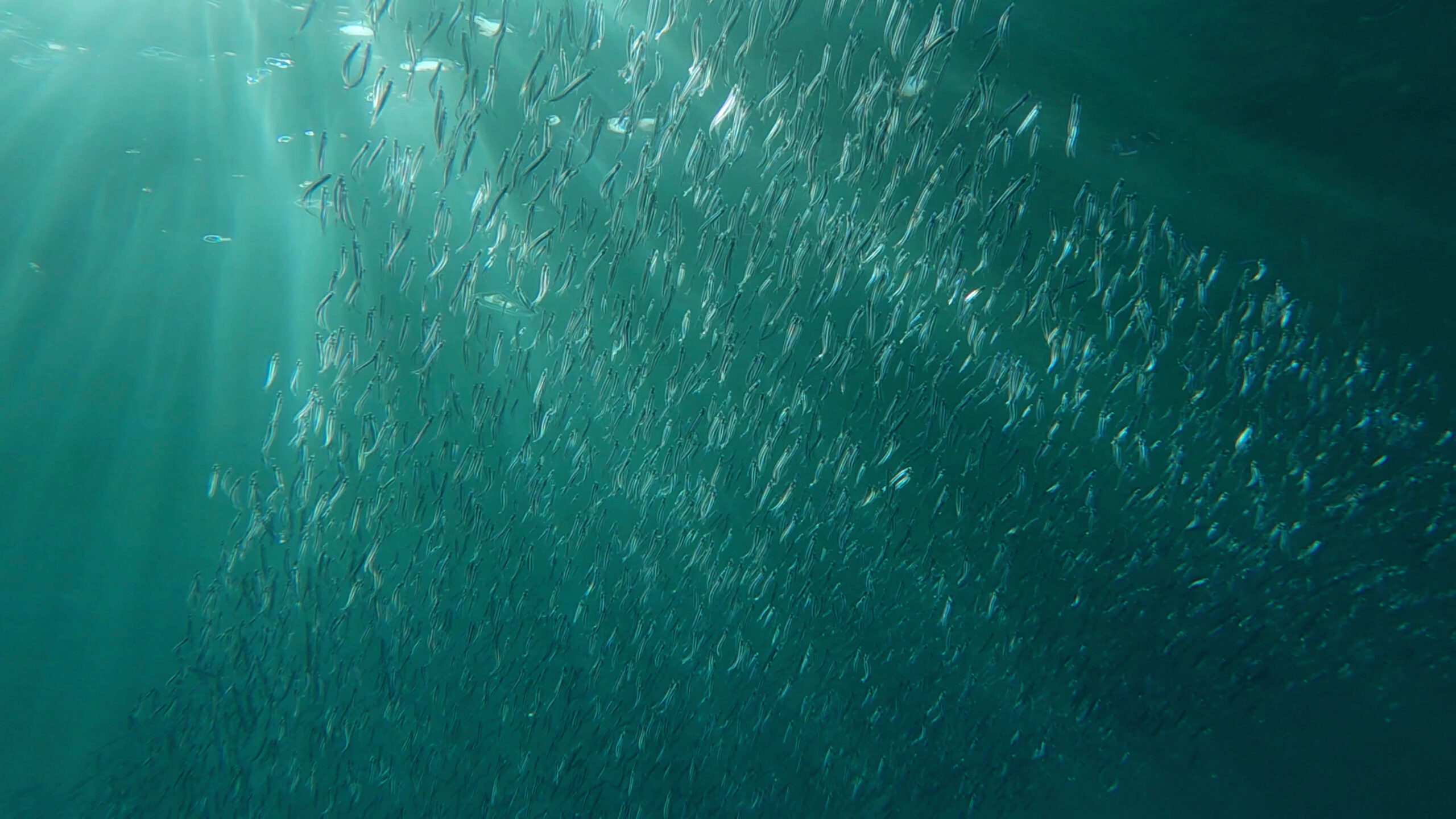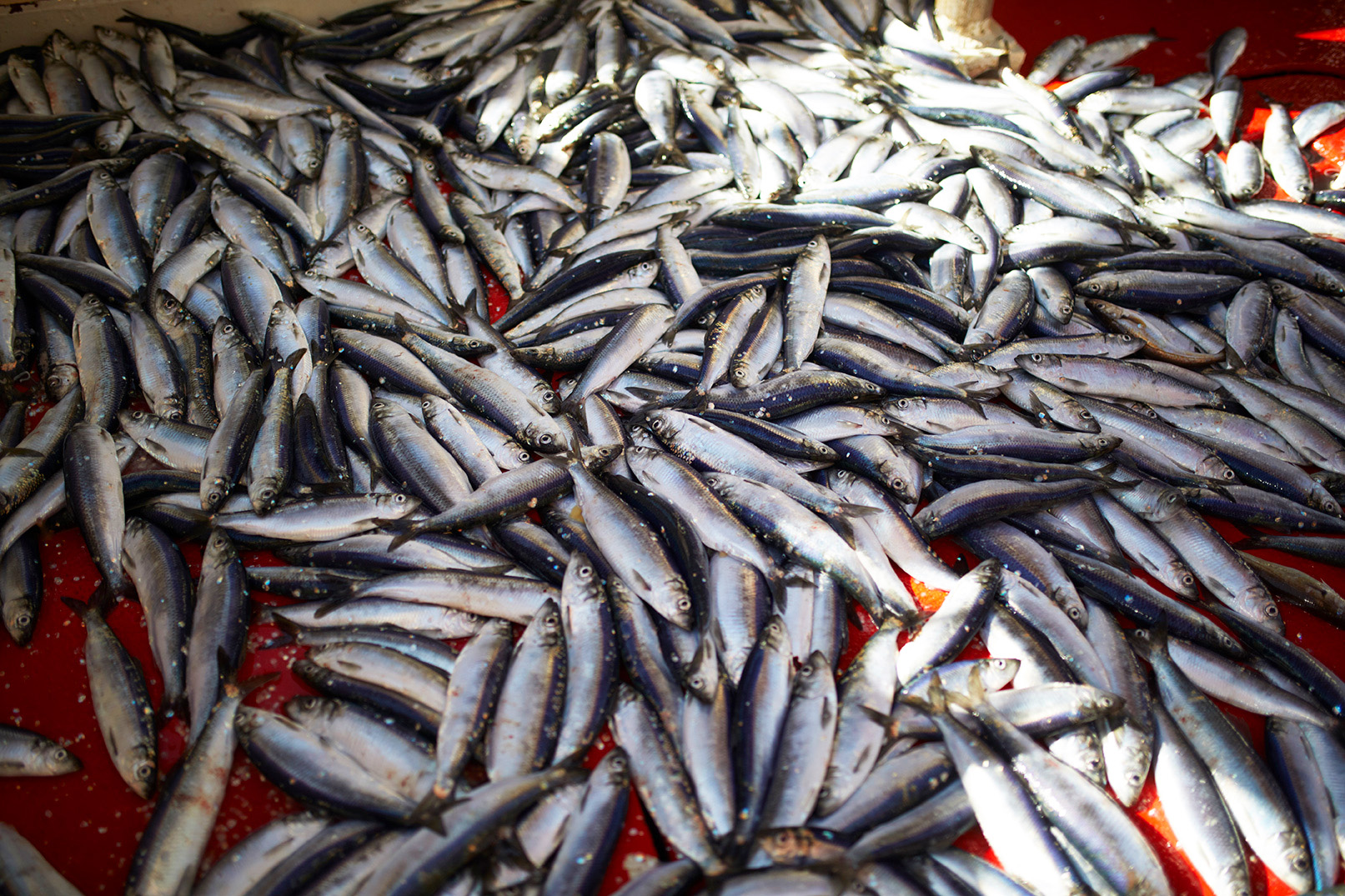
DPPO Pelagic Academy
DPPO wants to contribute actively to the education of fishermen, researchers and candidates at all levels. We will therefore, through the Pelagic Academy, do everything to be an attractive training place for Ph.D. students, post docs, candidates and interns.
Internship with DPPO
In 2022, DPPO hired Emil Bundgaard Holm as part time employee to help improving the coverage of the data self-sampling done by DPPO’s member vessels. In 2023 Emil moved from a part time position to an internship contract as a part of his education at DTU Aqua fisheries Engineering. Below is his own description of what he has been involved with during his time at DPPO.


In my internship one of the tasks has been to ask our members to take biological samples in all our fisheries. I have the contact to the fishermen and they contact me, when they have delivered a sample of a given fish in the fishing factory.
Then I’m contacting DTU Aqua to tell them where the samples are placed and they pick it up for analyzing. I make a schedule in cooperation with our members to make it easier for them to make the sample.
In cooperation with DTU Aqua, I have digitalized all samples from DPPO landings in 2022. The samples are taken by Skawinspektion, who is an independent third party.
DPPO PhD programme
The ongoing projects of Paco Rodriques and Axelle Cordier

Paco Rodriques
Project title: Optimizing important pelagic fish resources by using data from commercial vessels.
The ocean makes p 71% of the earth’s surface and 29% of the total animal biomass is fish. Fish is a sustainable and healthy protein source which plays a key role in food security. Small pelagic schooling fish also have significant potential for the green transition, as they are a CO2-friendly protein source. However, the challenge when mobilising fish in the green transition is to ensure sustainability and maintain low CO2 emissions in the catching process. Using direct fishing observations, this project will provide an insight into the spatial distribution og schooling fish, so stock assesments can be improved and fishing optimized.

Axelle Cordier
Project title: The impact of climate variability on fish population dynamics and reference points
Climate change is affecting fish productivity (i.e. the change in biomass from one year to the next) in numerous ways including growth, natural mortality and recruitment. But there is a lack of mechanistic understanding between oceanographic conditions and recruitment when making biological reference points. This is a problem because we can expect increased climate-ocean variability in the northeast Atlantic. The aim of this project is to investigate the impact of climate variability on some commercially important fish stocks and integrate it into the development of Mangemant Strategy Evaluations (MSEs). We explored this by using different kind of surplus production models.
